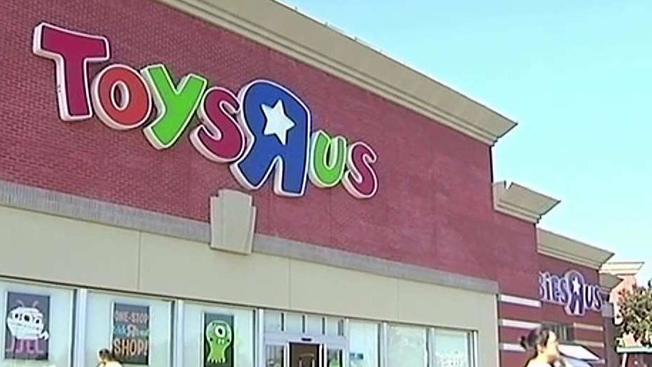NEW YORK CITY-The Bloomberg administration on Thursday launched a crackdown on owners of deteriorating multifamily buildings, with the Department of Housing Preservation and Development announcing the Proactive Preservation Initiative and Mayor Michael Bloomberg signing a bill to expand the city’s program for pressuring apartment landlords who have multiple safety violations. The city expects to target about 500 distressed buildings over the next 12 months with the PPI.
“Our job is not just to wait until conditions around the city decline to a low point and fix them then; it’s to be vigilant and act aggressively to address problems before they worsen,” Bloomberg says in a statement. “Now, instead of simply waiting for tenants to complain about poor conditions or irresponsible landlords, we’ll use data on properties, building owners and neighborhoods to identify buildings that are vulnerable or are in decline, and step in to fix the the situation before it worsens.”
Previously, HPD learned about problematic conditions in apartments mainly through individual tenant complaints. According to a release, the department will also work with the City Council, the New York City Housing Development Corp. and New York State Homes and Community Renewal to collect and consolidate data from multiple sources to pinpoint distressed buildings that are actively declining and appear to have the highest likelihood of becoming blighted and blighting influences.
HPD field staff will survey the buildings, and for buildings that appear to be in decline, the agency will analyze other data, including outstanding tax and water bills, neighborhood foreclosures and notices from local elected officials, community groups and advocates. Based on that information, HPD will determine the appropriate course of action. This might include working with a building owner and providing rehabilitation loan, or stepping up code enforcement actions against “irresponsible or absentee owners,” the release states.
To implement the new initiative, HPD has formed a new 10-person Proactive Enforcement Bureau within its Division of Enforcement and Neighborhood Services. The bureau will be responsible for conducting cellar-to-roof inspections on the most distressed buildings identified by the PPI program and helping to drive them toward remediation.
The Bloomberg administration and the City Council will develop ways to authorize the city to sell liens that are placed on properties when the city has to make repairs that landlords fail to implement, according to the release. The idea is to encourage landlords to make repairs themselves before winding up in such a situation.
Separately, Bloomberg signed Introductory Number 436-A, a bill intended to revamp the criteria for the city’s Alternative Enforcement Program, which places liens on properties where owners have failed to correct multiple Housing Maintenance Code violations in a timely manner. Originally enacted in 2007, the AEP identifies 200 properties per year with a long history of violations as well as HPD expenditures on emergency repairs.
“After reviewing the 600 buildings included in AEP over the first three years of its existence, it became clear that the current criteria produced buildings that tended to be smaller—on average only six or seven units,” Bloomberg said at Thursday’s bill signing. “In re-evaluating the program, it was important to create a better cross section of building sizes to ensure the program produces maximum results citywide.”
The bill which Bloomberg signed into law also designates specific asthma triggers, including mold and vermin infestation. It also amends the criteria by which a building may be discharged from AEP, allowing owners who might have difficulty paying off charges and fees all at once to work out a plan for paying them over time.
© Touchpoint Markets, All Rights Reserved. Request academic re-use from www.copyright.com. All other uses, submit a request to [email protected]. For more inforrmation visit Asset & Logo Licensing.







